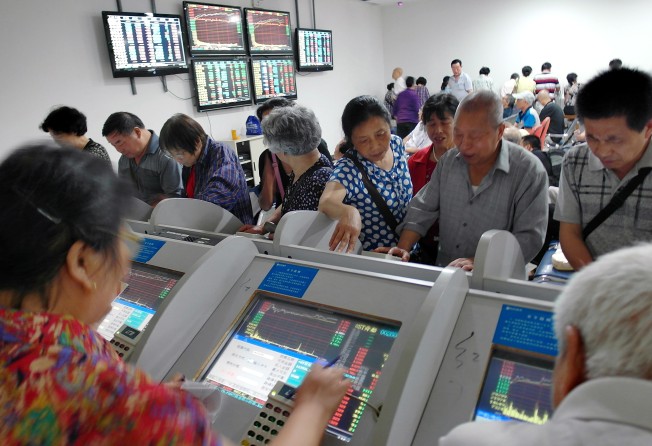Hong Kong, China stocks continue to rally

The Hang Seng Index saw a robust rally of 2.21 per cent on Tuesday morning but closed the day up a more modest 0.92 per cent as cautious investors took profit.
The Hang Seng Index closed up 257.03 points at 18,249.86 points while the Hang Seng H-share Index that tracks mainland Chinese companies listed in Hong Kong closed up 2.55 per cent, or 368.58 points, at 14,801.94 points.
The Shanghai Composite Index rose 2.02 per cent to 4,910.90, yet another record high since the global financial crisis of 2008, following a smart 3.35 per cent rally on Monday. The Shenzhen Composite Index jumped 3.38 per cent to another all-time high of 16,903.47, continuing its rally of 1.61 per cent on Monday.
“The (mainland) market seems to be accelerating rather than cooling,” said Gerry Alfonso, a director of Shenwan Hongyuan Securities.
The turnover of the Hong Kong stock market reached HK$203.64 billion on Tuesday, high compared to recent weeks. The northbound turnover of the Shanghai-Hong Kong Stock Connect reached 17.98 billion yuan, one of the highest ever northbound volumes, while the southbound turnover was more modest at HK$9.07 billion.
Hong Kong investors traded in A-shares because the mainland market was good, said Ben Kwong Man-bun, a director of brokerage KGI Asia.
The total value traded in Shanghai and Shenzhen stocks hit a new record of 2.16 trillion yuan on Tuesday, crossing the record 2.03 trillion yuan on Monday.
The Hang Seng Index rose relatively slower in the afternoon after the spike in the morning as some major index stocks fell and also because of profit taking, said Kwong.
CK Hutchison Holdings fell 4.12 per cent to HK$165.10 while Hutchison Whampoa dropped 2.46 per cent to HK$115. Both these large-cap companies are controlled by Hong Kong’s richest man, Li Ka-shing.
“Hong Kong investors remain very cautious. They are not as aggressive as mainland investors. Hong Kong investors are mainly value-based institutional investors rather than momentum-based retail investors in China. Hong Kong investors are based on reality and value, not fantasy and greed,” Kwong said.
The rally in Hang Seng Index on Tuesday was primarily driven by Beijing’s announcement of a more aggressive military strategy the same day as well as a series of positive news in recent days such as the 600 billion yuan cross-border fund sales scheme, Kwong said.
It was also a catch-up with the surge in the Shanghai and Shenzhen bourses on Monday and Tuesday, Kwong added.